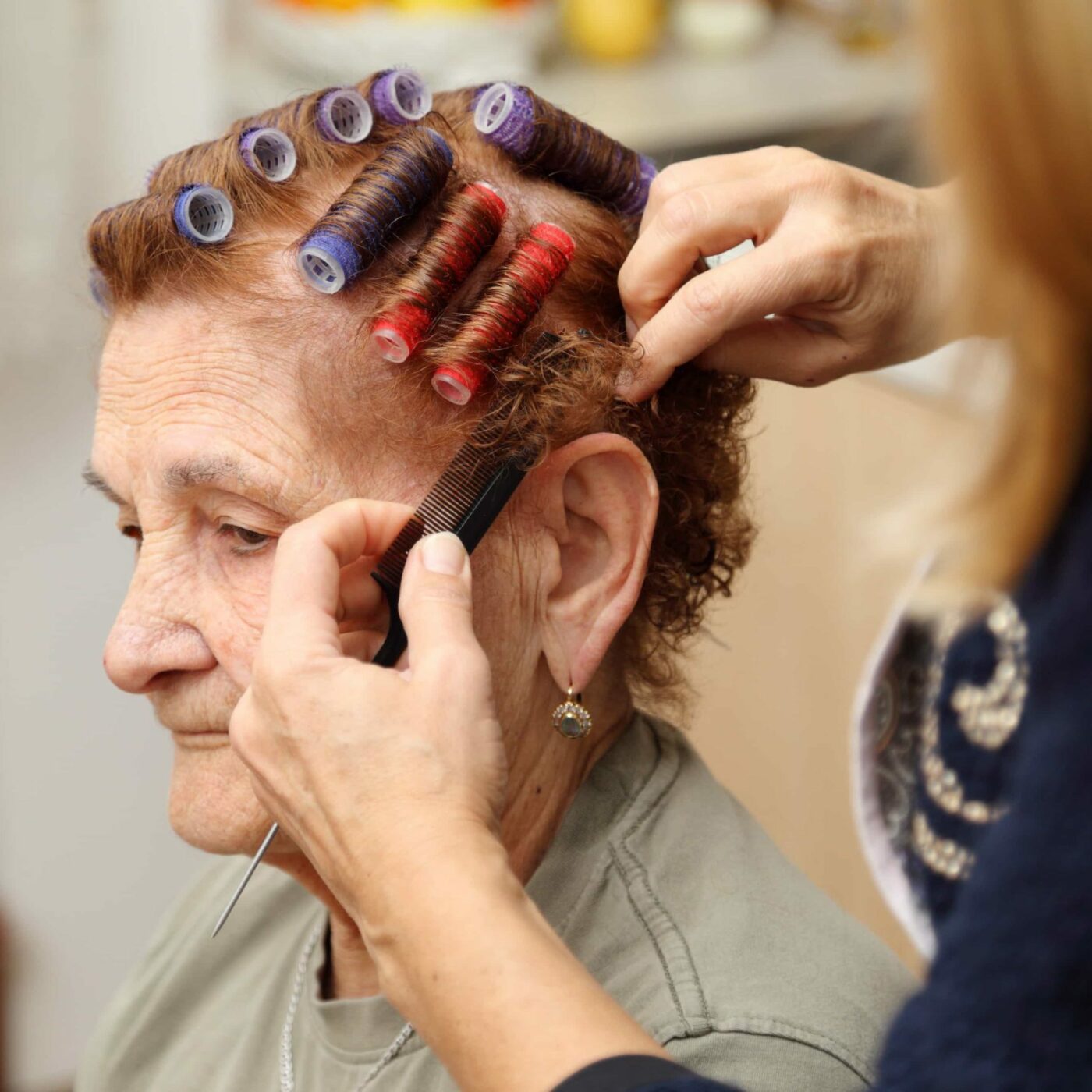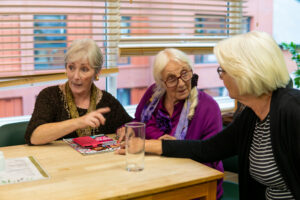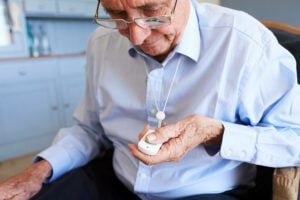Caregiver tips: haircare for the elderly
Tags
24 Hours of Care at Home
However, there are plenty of things that a caregiver can do to make the process of haircare easier for anyone who is unable to wash and style their own hair. If you choose to undertake elderly care at home, then here are some suggestions to make hair washing easier and more pleasant for you and your loved one.
Gently does it
Elderly hair has a different structure than younger hair, so it needs careful treatment. As we age, our hair tends to become thinner and more delicate. People who had thick or curly hair in their younger years may find that their hair loses its curl and becomes wiry, and prone to breakages.
Medication can cause hair loss, which allows patches of the scalp to show through, and your loved one may find that their hair and scalp become dry, causing itchiness, flaking and dandruff.
It’s essential to treat older people’s hair gently, using a mild shampoo that won’t aggravate the scalp – baby shampoo is ideal, as it doesn’t contain any harsh chemicals. There are also special formulations of shampoo designed specifically for ageing hair, which contain ingredients to minimise discolouration of grey, white and silver hair.
Make sure that the water is at an ideal temperature too, neither too hot nor too cold. Older people are more sensitive to changes in temperature, and if you upset them by using water that is too cold, or too hot, they are more likely to be resistant the next time that you want to wash their hair.
Always check the temperature with your elbow, as you would for a baby, as this will give you a more accurate idea than using your hand, which is more accustomed to extremes of temperature.
Less is more
Don’t feel that you have to wash your loved one’s hair every day: subjecting an older person’s hair to the stress of washing, drying and styling on a daily basis may cause it to break, split or thin even further.
Styling products are best avoided as much as possible, as these tend to weigh the hair down, which can make any patches of hair loss or thinning even more apparent. Try to keep the use of gels, mousses and sprays to an absolute minimum, and if you must use them, look for gentle products with no harsh chemicals.
Styling tools, such as hairdryers, tongs and heated brushes are also best avoided if possible, as these will damage the hair structure, leading to breakage and hair loss. If you must use them, keep their use to a minimum and always use the lowest heat settings.
Consider a new hairstyle
We can all become set in our ways when it comes to the way we style our hair, and this is particularly true of the older generation.
Your loved one may have adopted a specific hairstyle that they feel presents their best possible face to the world, and they are likely to be reluctant to change it. However, as anyone who provides 24-hours of care at home will know only too well, sometimes there needs to be a degree of compromise to make life easier, both for the carer and their care recipient.
A shorter hairstyle will require less hands-on attention and styling, and will also disguise any areas of thinning far better than a longer and more elaborate style.
Encourage your loved one to consider altering their style to something that is easier to manage, and point out the benefits of less time spent washing and drying the hair when it is shorter. Discuss appropriate styles together and reassure your relative that they will still look good.
Dealing with dementia
Elderly people with dementia may be resistant to having their hair washed and styled at all, and they may dislike looking at themselves in the mirror if they no longer recognise their own face.
With live-in care, caregivers will be trained in specialist dementia care. Carers will have a few tricks to make the process of hair washing and styling easier and less traumatic. For example, you could use dry shampoo if your loved one dislikes getting their hair wet, or one of the formulations that are designed to clean the hair without the use of water.
Only tackle the task of hair washing when both you and your loved one are in a positive frame of mind, and be prepared to leave it until another day if they are resistant – it’s only hair, after all, and not worth getting too stressed about.
You might find that your elderly loved one would enjoy a trip to a hairdressing salon, even though they are experiencing the difficulties that dementia creates.
A recent research project undertaken by the University of Stirling discovered that the sights, sounds and smells of a hair salon had a positive effect on people living with dementia, reminding them of previous visits throughout their lives. You can provide companion care throughout the visit or, if travel is too difficult, it might be beneficial to arrange for a trained stylist to visit your home to style your loved one’s hair.
Related articles
- Inequalities in Later Life: Dr Laurie Corna, Lecturer in Gerontology, King’s College London
- Common Misconceptions and Myths About Care
- Clothing and Identity in Later Life: An Interview with Professor Julia Twigg
- 10 Misconceptions About Ageing and Getting Old
- Confronting Later Life Loneliness: Connecting the Elderly with LinkAge Network
Read more care guides

How to prepare for a live-in caregiver
Care at home: how to prepare the home for a live-in caregiver A live-in carer can make a massive difference to your loved one’s quality

6 tips for finding the right live-in carer
Finding the right live-in carer is a significant and deeply personal decision, impacting your loved one and the entire family. You’re seeking someone trustworthy, compassionate,

The cost of care – everything you need to know
The true cost of care – everything you need to know Discover the true cost of care and explore your funding options with our care

Understanding autism in older adults
While Autism is usually diagnosed in childhood, an increasing number of older adults are being formally diagnosed in later life. Masking autism symptoms can result

A guide to speaking with a loved one about home care
Why do older adults resist care? A guide to speaking with a loved one about home care Bringing up the topic of care at home

How to choose the right personal alarm for seniors: A comprehensive guide
Personal alarms for elderly Discover how personal alarms work, who they’re best suited to, and how they provide greater peace of mind to older people